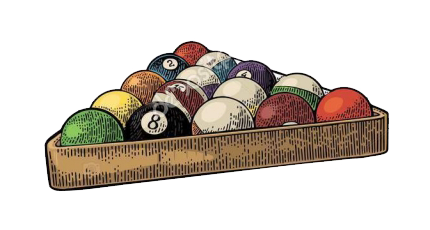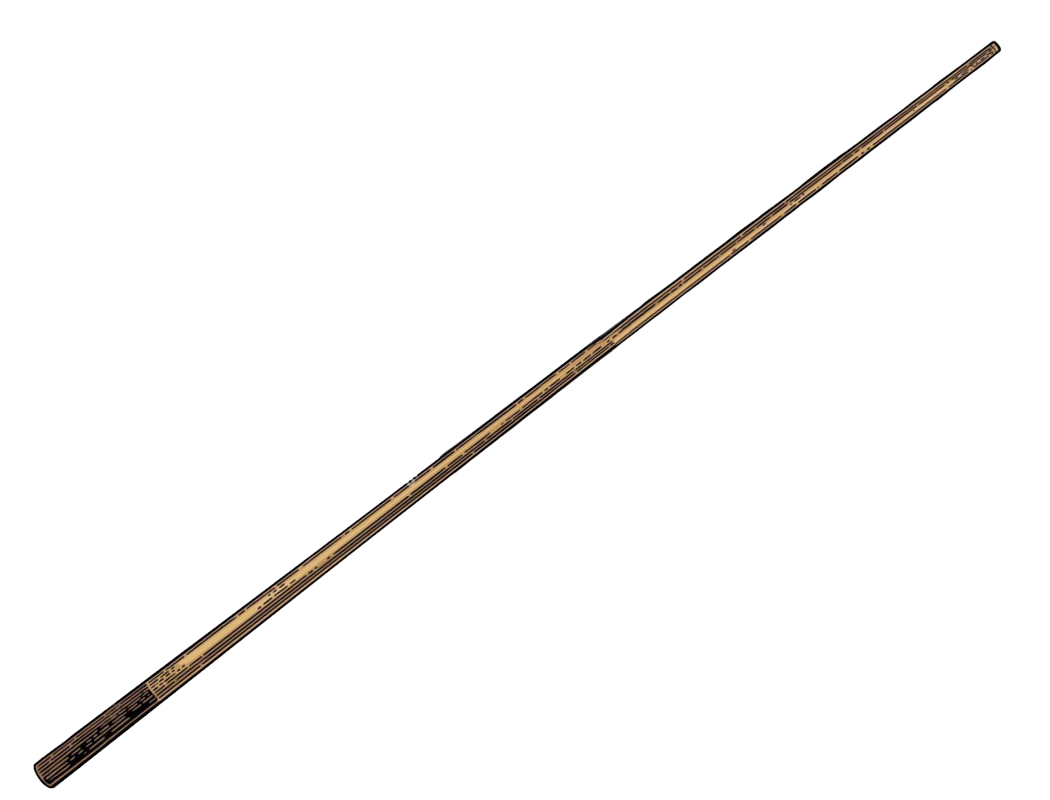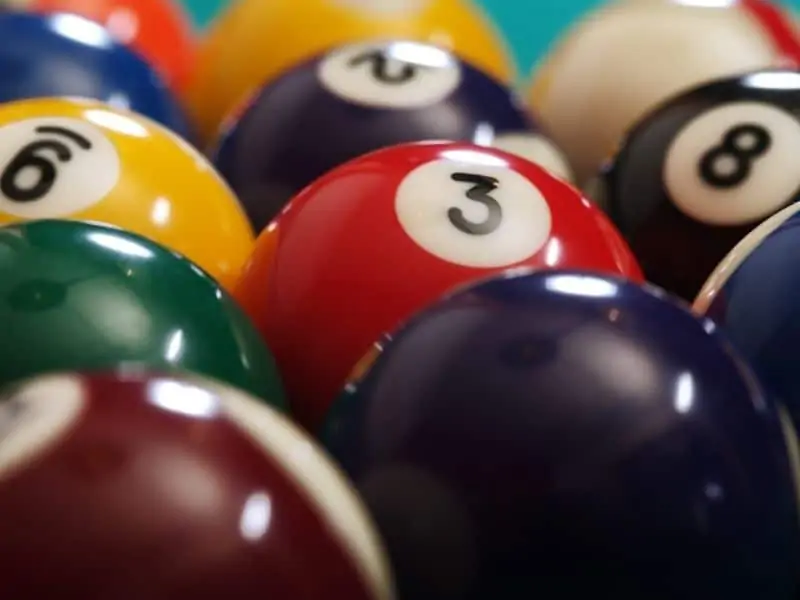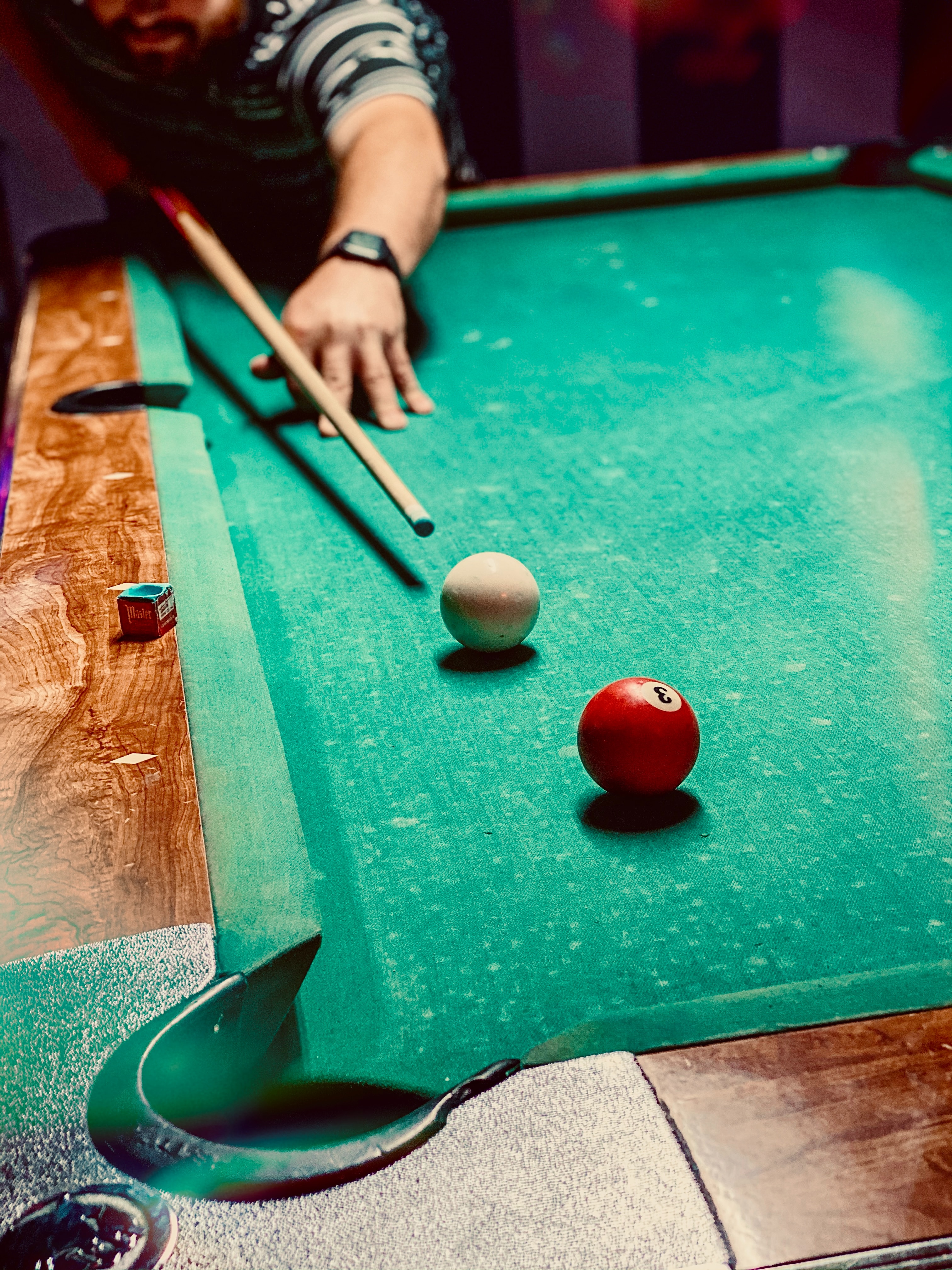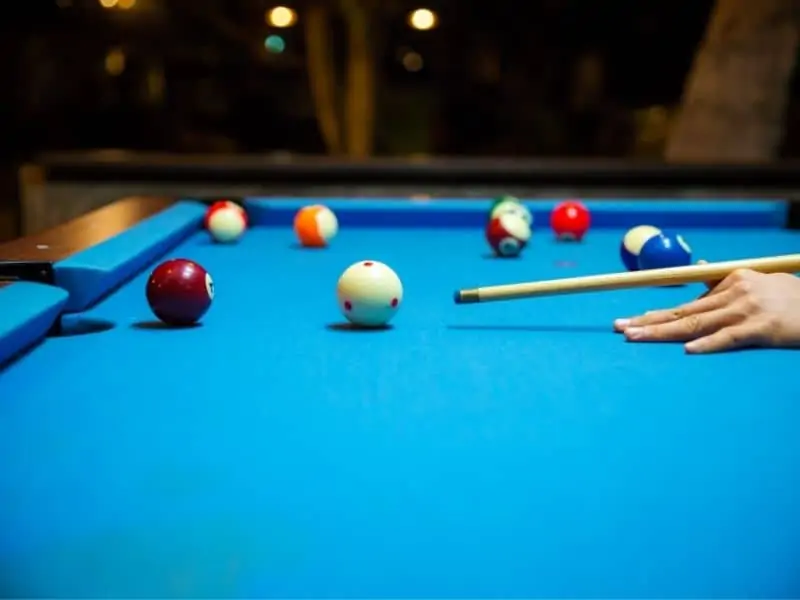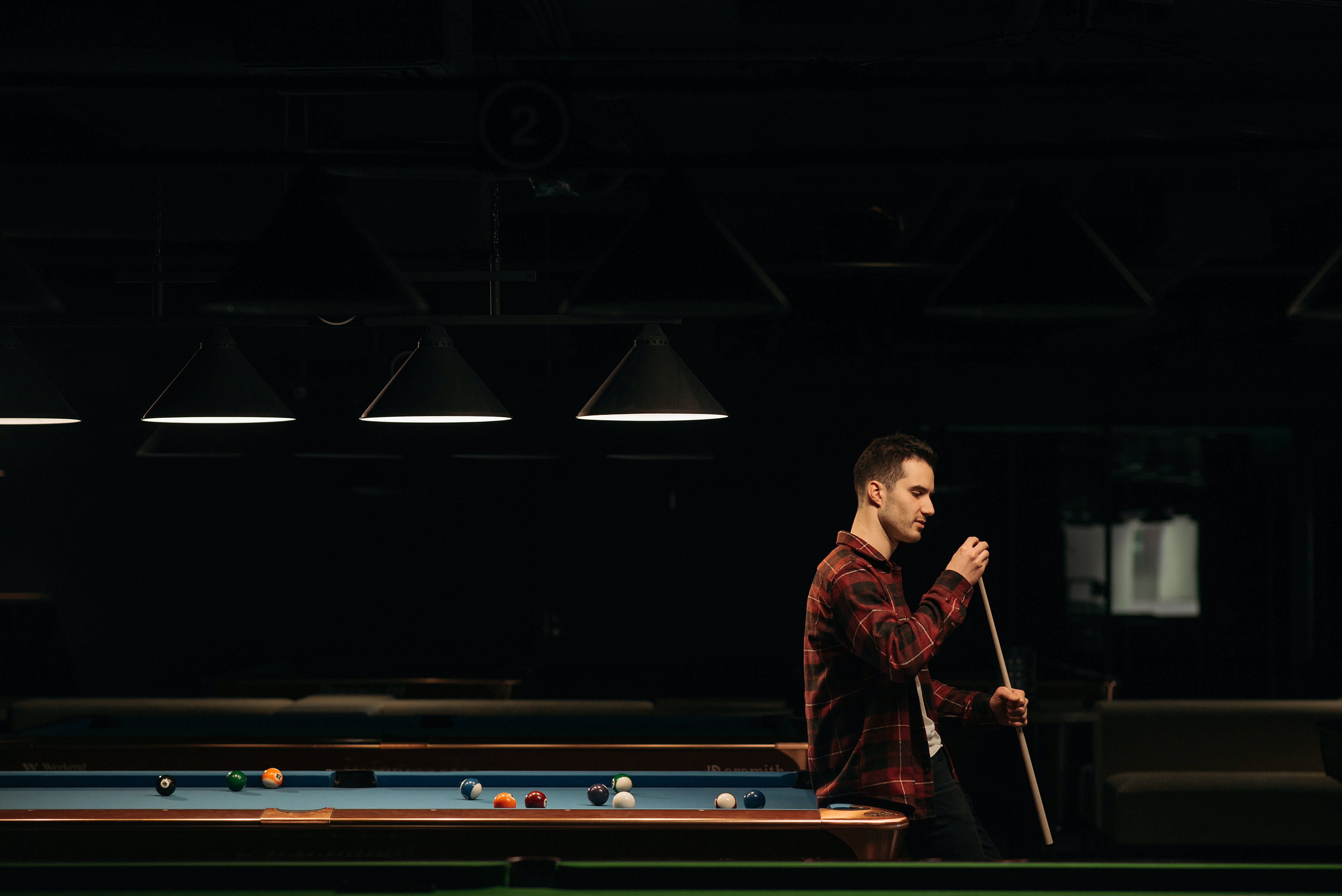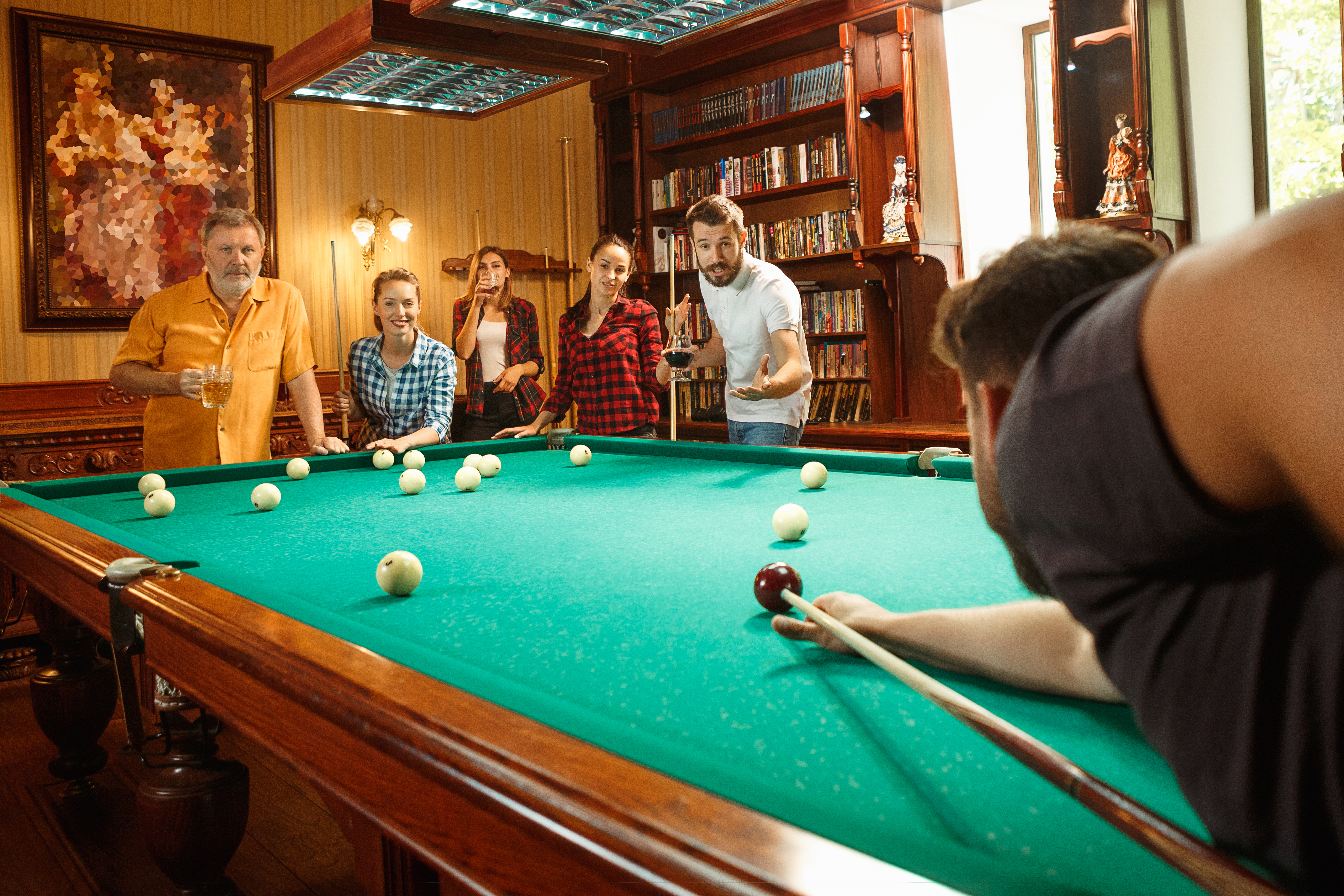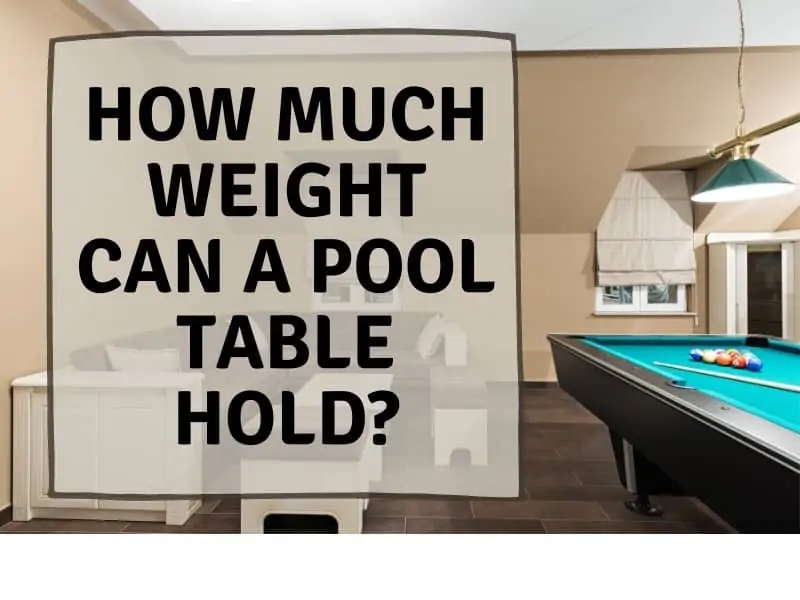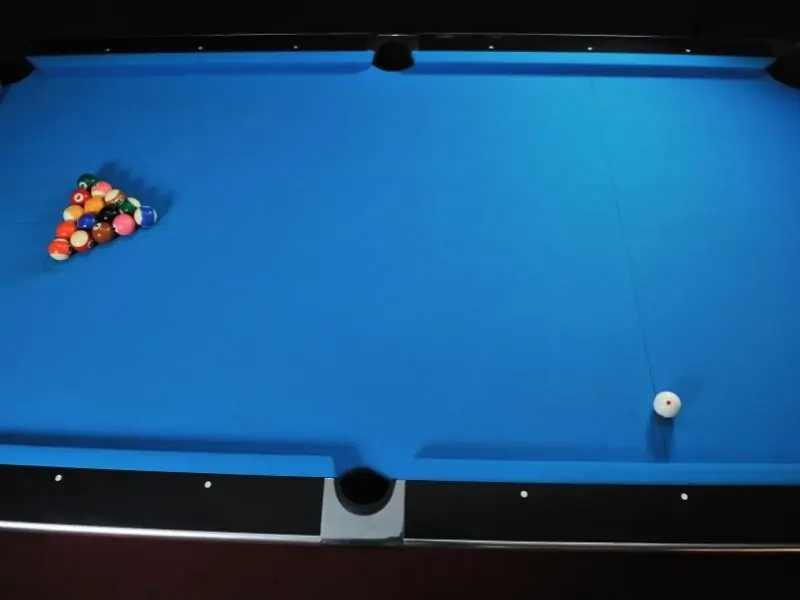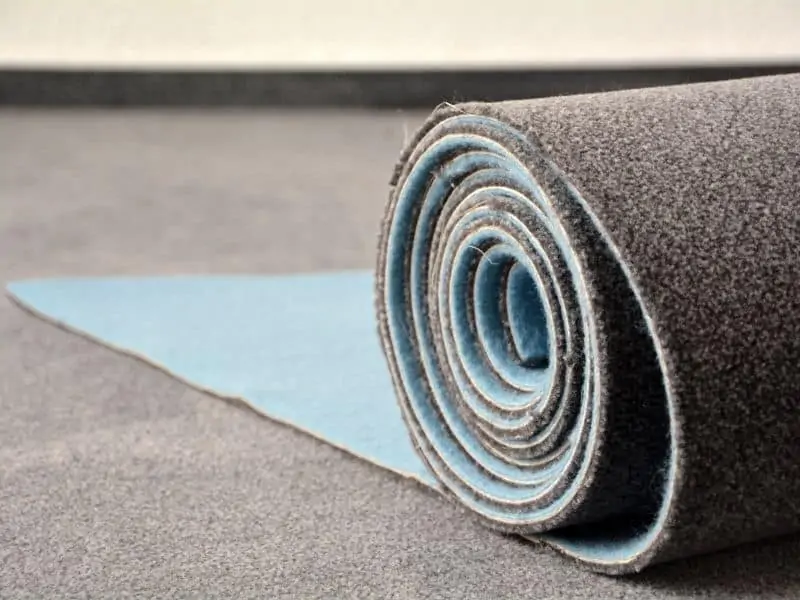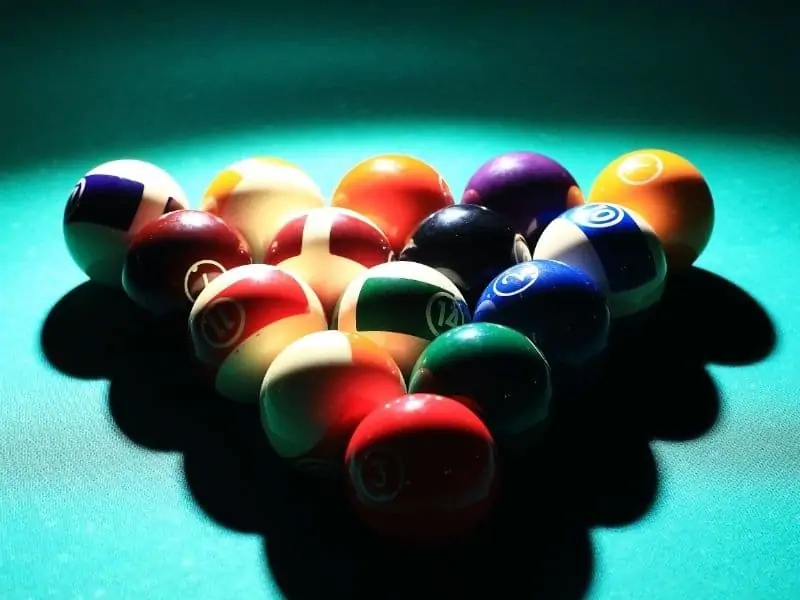The Struggle with Dirty Billiard Equipment
We’ve all been there. You walk into a dimly lit pool hall, and the thrill of the game is instantly overshadowed by the state of the equipment. Dirty billiard balls, tarnished and splotchy, threaten to ruin your game before it even begins. But did you know that the cleanliness of your billiard balls goes beyond mere aesthetics?
Why Cleanliness Matters
The daily dust, residue, oil from handling, and chalk not only mar the beauty of your shiny pool balls but also affect their functionality. The life of your pool table’s felt surface and the balls themselves can be significantly reduced due to dirt and grime. These contaminants can:
- Affect Gameplay: Dirt and grime that transfer to your pool table can alter the balls’ trajectory, leading to inaccurate shots.
- Damage Equipment: Particles embedding themselves into the felt necessitate more frequent cleaning and may lead to costly replacement.
- Create Imbalances: Tarnished balls may cause imbalances in weight that affect the movement of the balls, further hampering your game.
Step-by-Step Guide to Cleaning Billiard Balls
Maintaining your home billiard equipment is an essential yet often overlooked task. In this article, we’ll guide you through the process of cleaning billiard balls step by step. Not only will we provide you with effective methods and directions, but we will also highlight some common mistakes to avoid and share a few product recommendations. Let’s begin by understanding what not to do, shall we?
Want to check out some billiard gear we like? Check out these articles!
- Best Pool Cues for the Money: A Cue for Every Budget
- 18 Unique Pool Table Lights for Your Billiard Room
- 23 Must Have Billiard Accessories You Can’t Do Without
- Top 10 Best Pool Tables Under $1000
- Are Aramith Pool Balls Worth the Money?
How Not to Clean Your Billiard Balls
While cleaning your pool balls may not sound like rocket science, there are a few methods that you should avoid completely. Methods that can cause more damage than good. Below are some ways of cleaning pool balls that shouldn’t be considered at all.
Dishwashing
Using a dishwasher may seem like a simple and painless way to clean your billiard balls, but it can cause permanent damage to your balls, effectively ruining your expensive equipment. Pool balls are typically made from phenolic resin or a polyester-resin blend. Both materials are severely impacted by the heat involved in a dishwashing cycle.
Using a dishwasher will affect both the surface appearance and the core-integrity of the billiard balls. Even a gentle setting will dull their shine and make them less durable. For this reason its never advised to wash your billiard balls in the dishwasher.
Avoid Household Cleaning Products
Products like Windex or Simple Green may seem like good options to give your billiard balls a glowing shine, but these can be abrasive and damaging to the surface. These products can also simply move you in the opposite direction of your goal.
For example, some people recommend CLR as a cleaning method, but this is known to turn balls yellow. Bleach too will discolor the balls, destroying the finish and potentially creating spots on the non-white areas, and even turning the white areas a shade of brown! Toothpaste is also not recommended, this product can leave additional residue on the balls that water may not rinse off, and potentially discolor them as well.
Related Article - Are Aramith Pool Balls Worth the Money?
Cleaning Your Billiard Balls: Step by Step
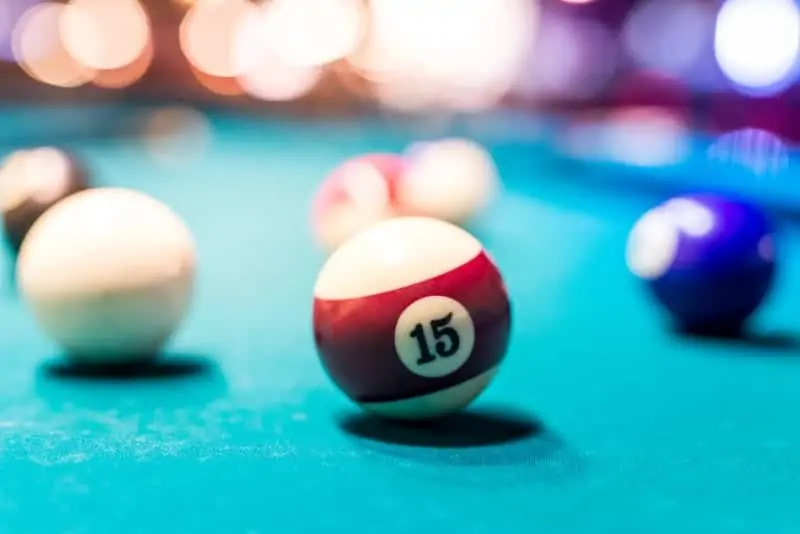
Here’s the quick version of how to clean your billiard balls step by step, followed by a breakdown of how to do it in more detail.
- Fill bucket or sink with warm water
- Add detergent such as Dawn or Palmolive
- Soak billiard balls for 5 minutes
- Scrub each ball individually with rag or microfiber cloth
- Dry each ball thoroughly
The most common way to clean billiard balls is simple potentially cause damage, and cold water fails to loosen the debris from the surface.
Only if you are sure that your billiard balls are not acrylic or polyester, and are 100% resin, should you use hot water to soak them. If your balls meet this requirement, soak them in hot water with a light detergent for five minutes before applying pressure with a micro-fiber towel.
If you’re unsure of the make of your billiard balls, avoid this step as heat and soap can affect acrylic or polyester products. Instead, soak the balls in room-temperature water with a small amount of white vinegar and then use your micro-fiber towel to wipe them down afterwards.
It’s imperative that you dry them properly if you wish to have the results you’re looking for. Leaving billiard balls to air dry or only half-drying them can leave spots. This is especially important when using detergent and soap. Soap particles will transfer onto the table surface during game play and affect the integrity of the felt.
Removing Yellow Stain
Billiard balls can become yellow over time from oxidation, like rust on metals, and lose their aesthetic appeal. To treat this, put a small amount of baking soda into a bowl and incrementally add water and stir until you have a fine paste. With a micro-fiber towel, rub the paste onto each individual ball after the basic wash. When you are through, be sure to quickly rinse the baking soda off with cold water so it doesn’t dry onto the surface of the balls. Be sure to thoroughly dry them when you’re finished. This is the best and easiest method to help remove yellow staining.
Polishing
To give your billiard balls an extra shine you may want to polish them after their wash. Once again, it is very important that you use the proper procedures to do this or risk substantially affecting the consistency of game play and ball-trajectory, or worse, ruin your balls and even your table. Oil-based polish is something to avoid, as it will cause dust and debris to attach itself to the balls, even at their most dried, accomplishing the opposite of your intended results.
Waxing your billiard balls is not recommended either. Wax is for cars and surfboards, not pool balls! Ball spin, speed, and contact with the pool-cue and other balls, are all substantially affected, plus you’ll get wax on your expensive felt.
If you’re going to polish your pool balls, its best to use products specifically for that purpose. Which leads us to…
Products for Cleaning & Protecting Your Pool Balls
There are a variety of billiard ball cleaning products out on the market, but it is important to use the right ones. This is not a place to be overly frugal; pinching pennies in this instance may instead lead to unloading dollars on a new set of balls if an inferior product negatively reacts with the materials your particular set of balls is made from. Be sure to shake the product up first, and apply as directed, with a micro-fiber cloth.
If you’re sure your balls are full phenolic resin, the hands-down best product to use is Aramith Billiard Ball Cleaner & Restorer Kit. This kit includes one bottle of Aramith Cleaner and one bottle of Aramith Restorer. When combined, these two products work amazingly well at making your billiard balls squeaky clean and super shiny. Definitely check out this kit on Amazon. You’d be surprised just how affordable it is to clean and restore your pool balls to like new condition.
Another great way to keep your billiard balls in great shape is by keeping them in a case when not in use. By keeping them off the table, you’ll prevent dust and debris from the table from potentially becoming attached to your pool balls. Also they’ll be protected from any accidental spills.

One of the best cases on the market pictured above. It comes with 17 padded spaces for all of your billiard balls, cue ball, and a training ball if you have one. It also comes with a padded space for a bottle of Aramith Pool Ball Cleaner, the same one mentioned above. This case is great for keeping your billiard balls safe when not in use, but can also be used for transporting your billiard balls as it has a built in carry handle.
By taking some preventive measures toward keeping your billiard balls safe when not in use, you can cut down on the amount of cleaning and polishing you’ll have to do in the future. Also, cleaning your pool balls on a regular basis can prevent stubborn chalk build up.
Benefits of Keeping Your Billiard Balls Clean
As mentioned throughout the course of this article, there are quite a few valid reasons for keeping your billiard balls clean. Lets take a look at them now.
- Last Longer - By taking care of your pool balls and keeping them clean, you can extend their life expectancy. Dirty billiard balls that are embedded with chalk wont last as long as a set that is well taken care of.
- Play Better - Clean billiard balls play better than dirty ones for obvious reasons. Pool balls that have chalk caked onto them, or any other debris, wont roll as smoothly across the felt. This will affect your game in a negative way.
- Save Money - Which is cheaper, spending a few bucks on cleaning supplies or buying a new set of billiard balls? By keeping your pool balls clean you can save yourself a lot of money in the long run. Not only on the balls themself but your pool table as well.
- Protect Felt - Another great benefit of clean billiard balls is that they help keep your felt in better shape as well. Pool balls caked with chalk, dirt, oil, etc. can leave behind these contaminants on your felt, causing you to have to clean and maintain your felt more often.
Conclusion
All in all, learning how to clean your pool balls is essential to keeping your gear in great shape. Not doing so can lead to costly repairs or replacement.
Keeping your billiard balls clean will also ensure that your guests don’t have a chance to blame their poor shooting on your dirty equipment! Far more important than even that, cleaning and maintaining your billiard balls will extend their life, and the life of your expensive-to-repair-and-even-more-expensive-to-replace billiards table. Happy shooting!
Other Articles You May Be Interested In
- Are Aramith Pool Balls Worth the Money?
- 10 Awesome Sets of Uniquely Designed Billiard Balls
- The Ultimate Guide to Buying the Perfect Pool Cue
- Top 3 Best Pool Cue Shaft Cleaners
- Top 10 Best Pool Tables Under $1000
